These past months have been very difficult for our OVS community. All too often, we opened our email and saw the devastating news that a member of our community had died. When God said in בראשית/Bereshit/Genesis “לא טוב היות אדם לבדו/It is not good for people to be alone” (2:18) it was a clue to humanity that we’re intended to live lives of relationships. We spend our lives building relationships, and with each relationship, we take a risk and leave ourselves vulnerable. Each relationship can be the source of the greatest of all joys and the source of the greatest of pain. The pain is brought about by our knowledge and fear that one day the relationship will end and the other person will no longer be with us. If we choose to focus on the other side of the risk, we leave ourselves open to experience great joy and incredible lives. The truth is that we all live somewhere in the middle. We all have highs and lows and that’s what it means to live in community, and in relationship.
Next Tuesday, the 18th, will mark the conclusion of the שלושים/Sheloshim period of mourning for one of our members, Wendell Lynn. Many of us are still in shock that Wendell is no longer sitting in the back row of our services or at the first table in the Social Hall to roll out panettis for burekas. It’s hard to believe Wendell only came to our community in March of 2023. It’s hard to believe he made such an impact and so many relationships in such a short time. We have taken on the responsibility of saying קדיש/Kaddish for Wendell as we were his family. If you are interested in helping and taking a day or more, please let us know and we will help you get on the schedule. We will be saying Kaddish daily for the 11 months of mourning.
וַתָּ֣מׇת שָׂרָ֗ה בְּקִרְיַ֥ת אַרְבַּ֛ע הִ֥וא חֶבְר֖וֹן בְּאֶ֣רֶץ כְּנָ֑עַן וַיָּבֹא֙ אַבְרָהָ֔ם לִסְפֹּ֥ד לְשָׂרָ֖ה וְלִבְכֹּתָֽהּ׃/And Sarah died in Keriat Arbah, which is Hebron in the land of Canaan, and Avraham came to eulogize and cry for her (Genesis 23:2). Up until this point, death existed in the תורה/Torah but we didn’t know about the grief that accompanied the death. We didn’t learn about anyone’s response to experiencing the immense pain of losing someone close to them. This one verse describes two very distinct parts of grief: sadness and reflection. When someone dies, we’re left to mourn what’s gone and to recall what we can. We are left to mourn and to reflect in the same way אברהם taught us all those years ago. This week’s פרשה/Portion: חיי שרה/Chaye Sarah marks the first eulogy and it was delivered by אברהם for his wife, שרה.
I recently began to work on a writing project. Over the years, I’ve amassed a large collection of eulogies from funerals I officiated at. Each time I meet with a family, I sit down and learn from them about their loved one. I learn about their journey and who they were. We talk about the person’s biography, about their essence, and their soul. I then begin the process of putting together the story of the person. Eulogies are sacred to me. The family needs something to hold on. The person needs something to begin to live eternal life through. The community needs a way to voice their grief. Every one of these eulogies has been unique. I’ve never merely cut and pasted something from one to another. I might have reused an idea, but every eulogy is personal and about the person we’re there to remember. I’m now going through my library of eulogies and selecting some to share with the world. We’ll see if the project goes anywhere, but it’s sacred work to look back through years of my writings about those I helped care for after they died and to give them greater immortality. In that spirit, I want to offer you the opportunity to read one of these eulogies this week. Click here and you’ll find the words I delivered at Wendell’s funeral. I pray they bring comfort to those of us in search of solace and comfort. May Wendell’s memory forever be a blessing.
